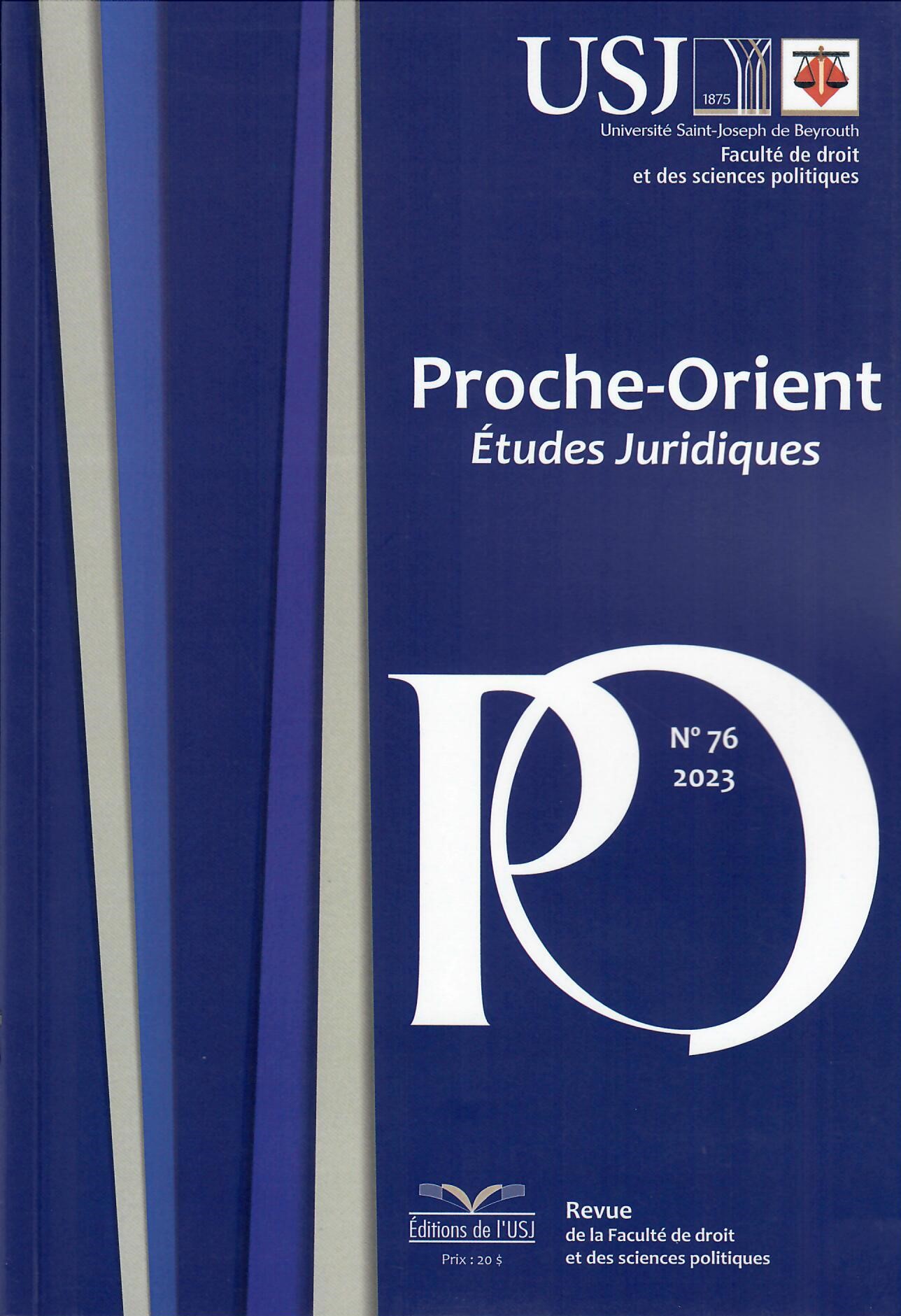Abstract
In international law, the concept of neutrality refers to the situation of a State that intends to remain uninvolved in armed conflicts. It is linked to the law of war and follows a specific legal framework that includes rights granted to neutral countries as well as duties imposed upon them, primarily abstention and impartiality. However, neutrality can be dissociated from war and can consist, in times of peace, of avoiding any actions that could draw a State into a conflict or a dispute between foreign powers. In such cases, it corresponds to a political stance of the State. Whether it is military or political, neutrality is called upon to play a role in pacifying international relations. The choice of neutrality by a State is the result of a combination of political, legal, and diplomatic circumstances, and it is such a combination of circumstances that has brought the issue of neutrality to the forefront. Since the beginning of the war in Ukraine in February 2022, the neutral status of the Ukrainian State has emerged as a condition set by Moscow to end the war, and due to this conflict, Finland and Sweden have reconsidered their neutral States status. In a different context, the neutrality of Lebanon, a country that has experienced significant military and political upheavals, is proposed and defended by some of the Lebanese to ensure the stability of the country.

